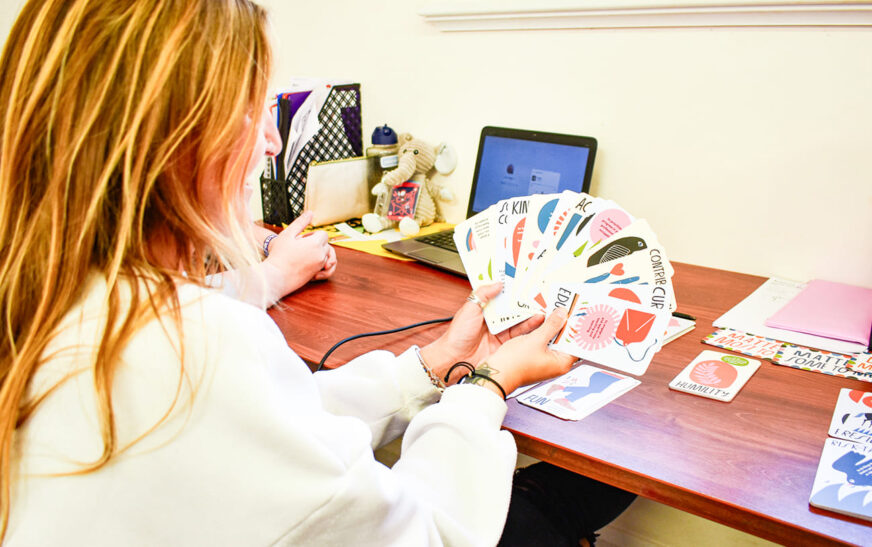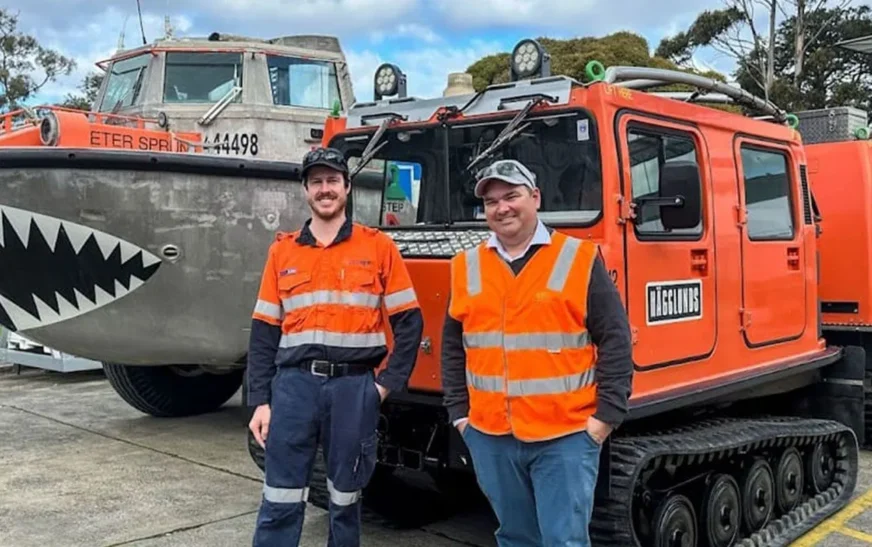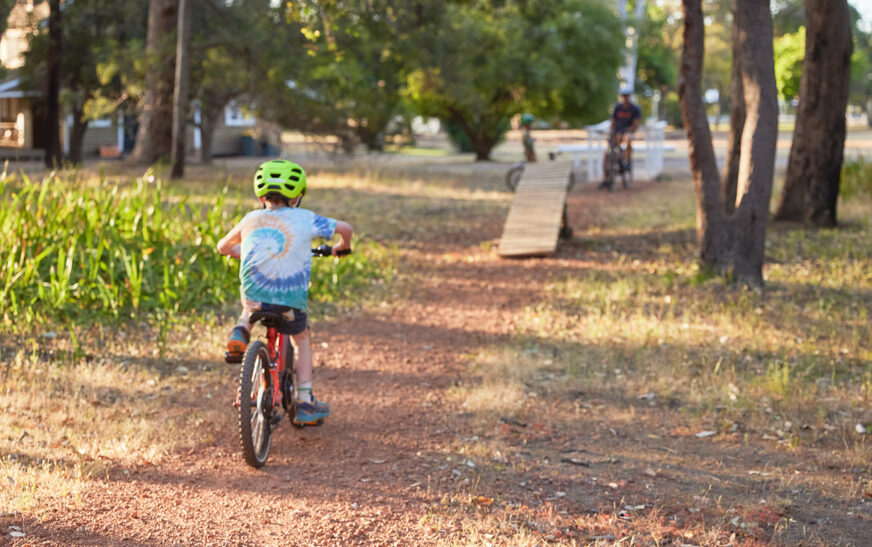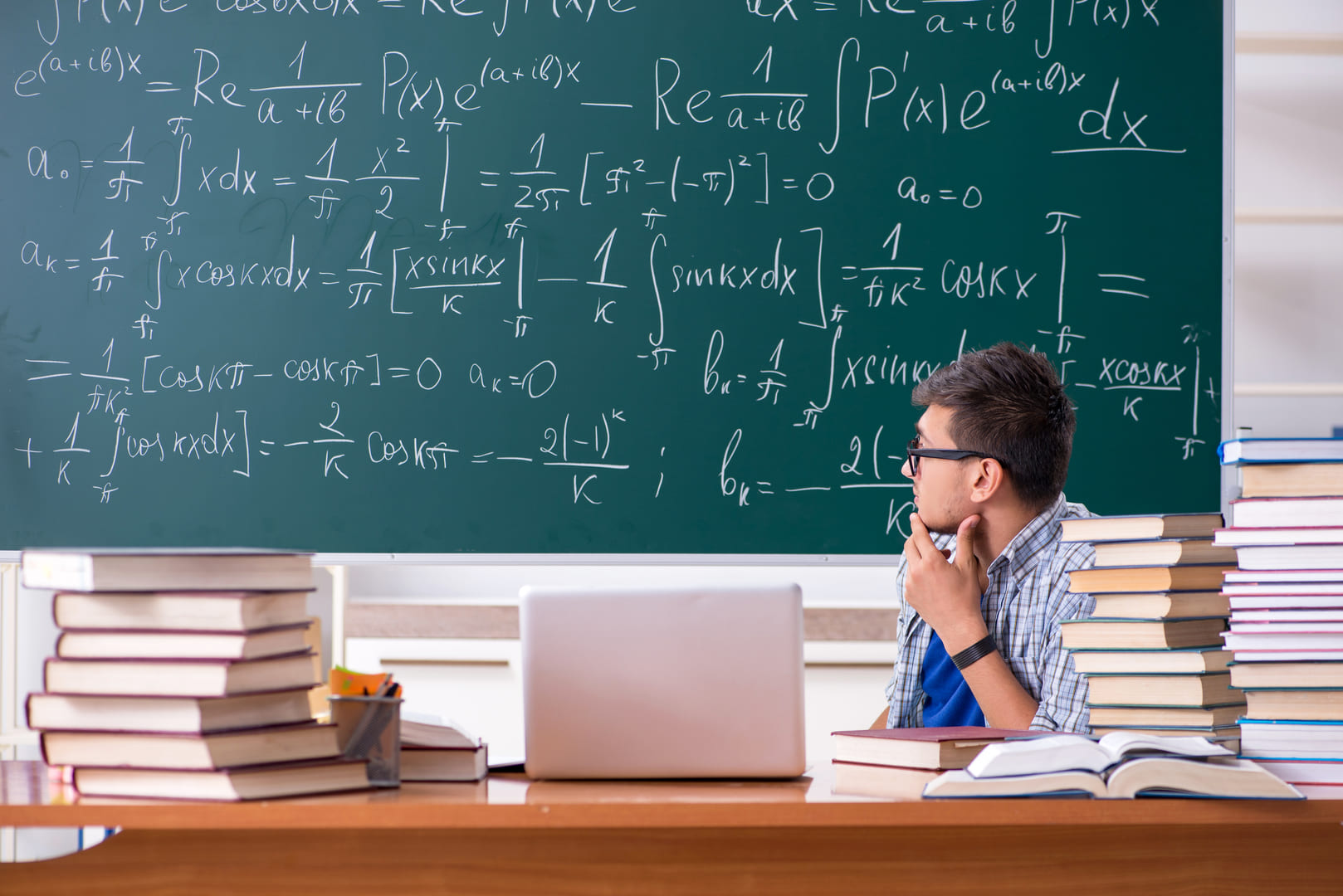Education extends far beyond textbooks and whiteboards. While traditional classroom learning has its place, real-world experiences and hands-on activities offer students the chance to engage in a more meaningful and lasting way. Expanding the learning experience beyond the classroom not only enhances academic understanding but also fosters personal growth, critical thinking, and practical skills that serve students well into adulthood.
A More Engaging and Practical Approach to Learning
Many students struggle to connect theoretical concepts with their real-world applications. When learning is confined to textbooks and exams, it can become abstract and difficult to grasp. However, stepping outside the classroom brings subjects to life. Whether it’s a science experiment in the field, a history lesson at a heritage site, or an outdoor leadership challenge, students gain hands-on experience that reinforces what they learn in class.
Practical learning also encourages curiosity and problem-solving. When students are given the opportunity to experiment, investigate, and engage with their surroundings, they develop a deeper interest in their studies. This approach not only improves retention but also helps students develop transferable skills such as teamwork, adaptability, and decision-making.
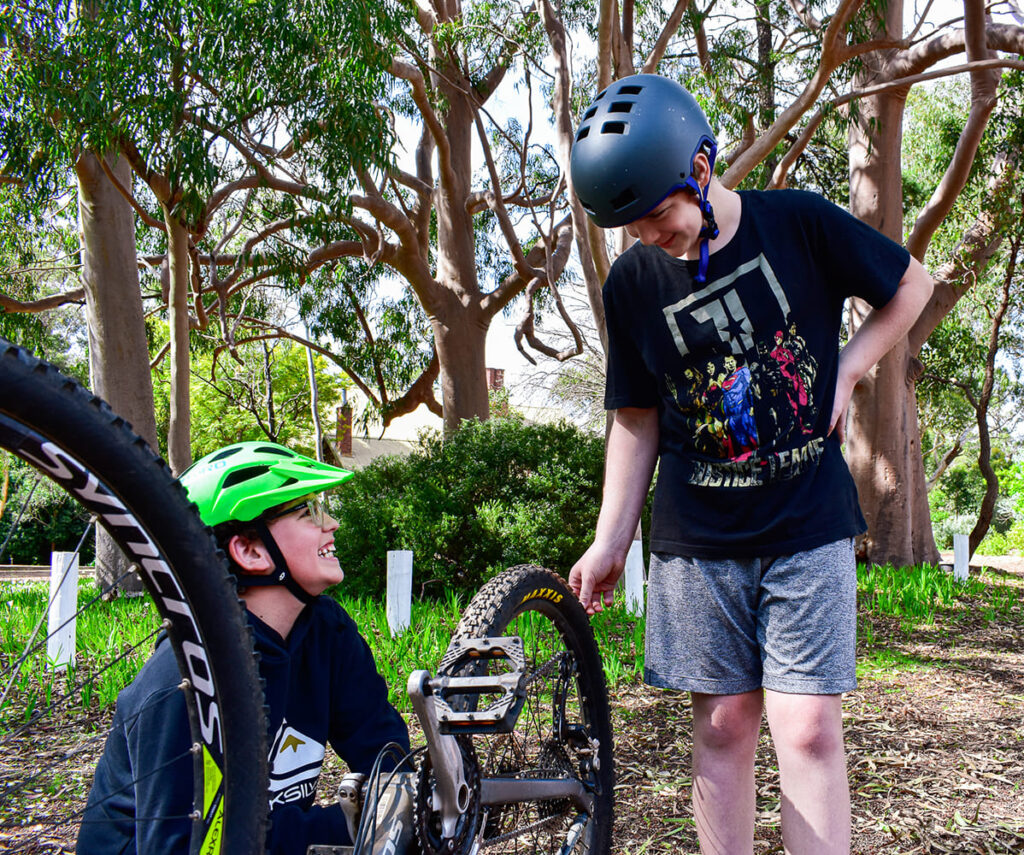
Building Confidence and Independence
Classroom learning often follows a structured format, where students rely on teachers for guidance. While this provides a foundation, it’s equally important for young learners to develop confidence in their own abilities. When students are placed in new and unfamiliar environments, they are encouraged to think independently and make decisions for themselves.
Experiential learning opportunities, such as outdoor education programs, community projects, and work placements, provide students with real-world challenges. Overcoming these challenges builds resilience and self-reliance. When students successfully complete tasks outside the classroom—whether it’s navigating a bushwalk, leading a group project, or solving a hands-on problem—they gain confidence in their abilities and develop a mindset that embraces challenges rather than fears them.
Improving Social and Communication Skills
Beyond academics, students also need to develop strong interpersonal skills. Engaging in activities outside the classroom places students in situations where they must collaborate, communicate, and work effectively with others. These experiences are invaluable in preparing them for future work environments and social interactions.
Group activities, outdoor adventures, and community service projects help students develop essential communication skills. Whether they are working together to solve a problem, expressing ideas in a team setting, or negotiating roles within a group, these experiences teach students how to interact in professional and social environments. This is particularly beneficial for students who may struggle with confidence in traditional classroom settings.
Connecting Learning with the Real World
One of the greatest benefits of expanding education beyond the classroom is that it helps students understand the relevance of their learning. Too often, students question the practicality of their studies—”When will I ever use this in real life?” Taking education outside the classroom provides clear answers.
For instance, learning about environmental conservation is much more impactful when students visit a nature reserve, participate in a tree-planting initiative, or study ecosystems firsthand. Similarly, financial literacy makes more sense when students engage in real budgeting exercises, work on business projects, or interact with professionals who manage finances daily. These experiences create tangible connections between academic content and real-world applications.
Enhancing Creativity and Innovation
Traditional education tends to follow a structured syllabus, which can sometimes stifle creativity. However, experiential learning encourages students to think outside the box. Creative thinking flourishes when students are given the freedom to explore, question, and innovate without the constraints of rigid lesson plans.
Whether it’s through project-based learning, artistic exploration, or hands-on problem-solving, students develop a mindset that values innovation. This skill is particularly crucial in today’s rapidly changing world, where adaptability and creativity are key to success in many fields.
Encouraging a Lifelong Love for Learning
When students associate learning with fun, adventure, and real-world relevance, they are more likely to develop a lifelong love for it. Traditional classroom settings can sometimes feel monotonous, leading to disengagement. However, learning experiences that involve exploration, hands-on activities, and interactive engagement make education exciting and enjoyable.
For example, outdoor camps, science fairs, robotics competitions, and community engagement projects give students something to look forward to while reinforcing important concepts. These experiences create positive associations with education, encouraging students to seek knowledge beyond their school years.
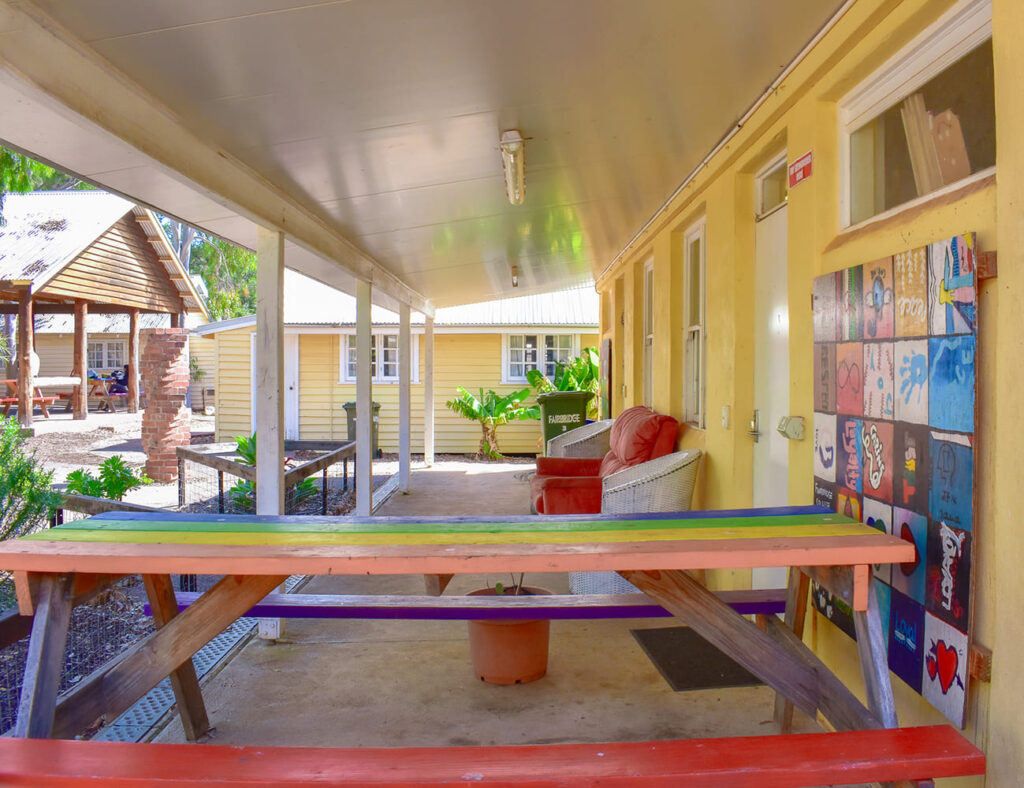
Supporting Diverse Learning Styles
Not all students thrive in a traditional classroom environment. Some excel with visual learning, others with hands-on experiences, and some through social interaction. Expanding education beyond the classroom accommodates different learning styles, ensuring that all students have opportunities to succeed.
Kinesthetic learners, for instance, benefit greatly from physical activities such as outdoor challenges, experiments, or building projects. Visual learners may find museum visits, documentaries, and hands-on demonstrations more engaging. By incorporating different learning methods, students are more likely to retain information and enjoy the process of learning.
Conclusion
While classroom education remains essential, learning should not be confined within four walls. Expanding education beyond the classroom provides students with engaging, practical, and meaningful experiences that enhance their understanding of the world.
By incorporating real-world applications, fostering independence, improving social skills, and encouraging creativity, schools can prepare students not just for exams, but for life. Education should be a journey of discovery, and the best way to ensure that journey is rich and fulfilling is by taking learning beyond the classroom.

